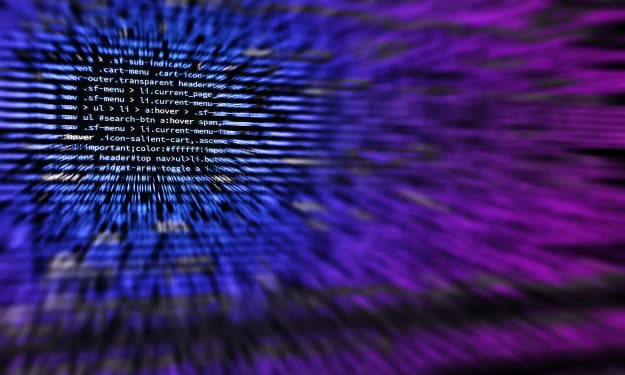The Need for Monitoring and Regulation of AI
Is AI a friend or a foe?

Artificial intelligence (AI) has become an integral part of our lives, permeating various industries and revolutionizing the way we live, work, and interact. Its potential is immense, and it promises a future filled with efficiency, convenience, and innovation. However, with such power comes the need for responsibility and accountability. As AI continues to advance at an unprecedented pace, it becomes imperative to closely monitor and regulate its development and deployment. In this article, we will explore the reasons why AI must be subject to monitoring and regulation, highlighting the importance of striking a delicate balance between progress and protection.
One of the primary reasons for monitoring and regulating AI is the potential for bias and discrimination. AI systems learn from the data they are trained on, and if that data contains biases or reflects existing societal inequalities, the AI systems can perpetuate and amplify those biases. For instance, in the realm of hiring, AI-powered systems have been found to favor certain demographics, leading to discriminatory outcomes. To prevent such biases, monitoring and regulation are crucial to ensure that AI systems are fair, unbiased, and align with societal values.
Additionally, the vast amounts of data collected and analyzed by AI systems raise significant privacy concerns. As AI becomes more integrated into our daily lives, it gathers immense amounts of personal information, ranging from browsing history to health records. Without proper monitoring and regulation, there is a risk of unauthorized access, misuse, and breaches of privacy. Safeguarding user data and implementing robust security measures are essential to protect individuals' privacy rights and maintain public trust in AI technologies.
Ethical considerations also necessitate monitoring and regulation of AI. As AI systems become more advanced, they have the potential to make autonomous decisions that have significant ethical implications. For instance, in the context of autonomous vehicles, AI algorithms must navigate complex moral dilemmas, such as deciding between minimizing harm to passengers or pedestrians in emergency situations. Without appropriate oversight and regulation, AI systems may make choices that contradict our moral and societal values. Monitoring and regulation are crucial to ensure that AI systems adhere to ethical standards and align with human judgment and values.
Another key reason for monitoring and regulating AI is the potential impact on the workforce. As AI technologies advance, there is a concern that automation and AI-driven processes may lead to job displacement and economic inequality. It is essential to monitor and regulate the deployment of AI systems to ensure a smooth transition for workers and to promote the creation of new job opportunities. Adequate regulation can help mitigate potential negative consequences, promote retraining and upskilling programs, and foster a balanced ecosystem where humans and AI can coexist harmoniously.
Furthermore, AI's complexity and lack of transparency underscore the need for monitoring and regulation. Many AI algorithms operate as black boxes, making it challenging to understand how decisions are made. This lack of transparency can lead to distrust and raise questions about accountability. Monitoring and regulation can promote transparency by requiring developers to provide explanations and justifications for AI decisions. It also enables auditing and verification processes to ensure that AI systems operate reliably and ethically.
Considering the global nature of AI development and deployment, international cooperation and collaboration in monitoring and regulation are essential. AI knows no boundaries, and its impact can have far-reaching consequences. Establishing global frameworks and standards can help address challenges such as data sharing, ethical guidelines, and cross-border regulations. Collaboration between governments, industry leaders, and research communities can ensure that AI is developed and deployed in a manner that benefits humanity as a whole, while mitigating risks and safeguarding individual rights.
In conclusion, monitoring and regulation of AI are paramount in harnessing its benefits while mitigating its risks. By addressing biases, safeguarding privacy, adhering to ethical standards, supporting workers, promoting transparency, and fostering international cooperation, we can ensure that AI serves as a force for good. The development and deployment of AI must be guided by responsible practices, accountability, and a commitment to creating a future where AI is a powerful tool that enhances human capabilities and well-being. Only through diligent monitoring and effective regulation can we strike the delicate balance between progress and protection in the age of AI.





Comments
Maaff Mktg is not accepting comments at the moment
Want to show your support? Send them a one-off tip.